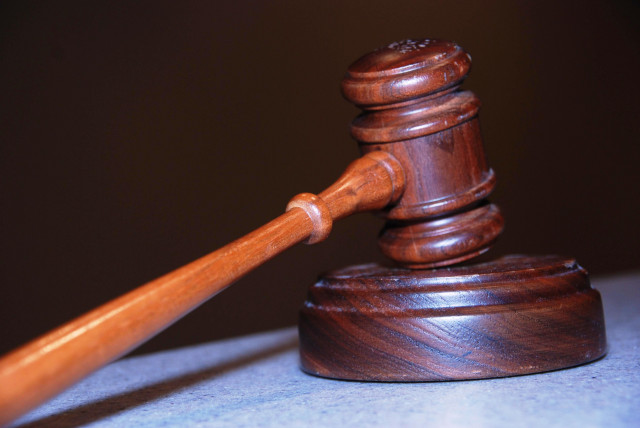Vetoing recommendations: Parliamentary panel seeks explanation from ministry
Overruling the Judicial Commission of Pakistan, committee approved a one-year extension for two SHC additional judges.

Taking notice of the rejection of its recommendation for giving one-year extension to two additional judges of the Sindh High Court (SHC), the parliamentary committee (PC) on judges’ appointment has sought an explanation from the law ministry.
“We’ve asked the law ministry high-ups to explain on what grounds they rejected the committee’s proposal,” a PC member told The Express Tribune. He added that the committee had taken up the matter in its last meeting.
He said the PC was also considering disciplinary action against the law department’s officials for opposing its decision about the two SHC judges in question.

The parliamentary committee had overruled the June 12 recommendation of the Judicial Commission of Pakistan (JCP). The JPC had not granted extension to the two SHC judges – Justice Farooq Ali Channa and Justice Riazat Ali Sahar. Then chief justice Tassaduq Hussain Jillani had presided over the meeting.
After such a recommendation, the judges concerned are normally removed from their positions because the PC usually gives a nod to the JCP recommendations.
However, in this case this did not happen and the PC ‘unanimously granted’ a one-year extension to the two additional judges after ‘setting aside’ JCP’s recommendations. This has happened for the first time after the passage of the 18th constitutional amendment in 2010.
On the other hand, the law ministry, while submitting a summary to the President of Pakistan, has recommended the committee’s proposal to give extension to the two SHC additional judges be rejected. The ministry has endorsed the JCP’s opinion in this matter.
Talking to The Express Tribune, Senator Haji Muhammad Adeel, another member of parliamentary committee, has expressed concern over the government’s decision not to give extension to the judges in spite of the committee’s recommendation.
Haji Adeel contended that the PC is a constitutional body; therefore, rejection of its recommendation by the executive is illegal. “We have good lawyers in the committee and we will seek their opinion as to what action will be appropriate for those who have rejected our [PC] proposal”
A third member of the PC, who belongs to the ruling party, however said that they [the PC] were wrong in overrunning JCP’s recommendations about the removal of the two SHC judges.
Meanwhile, it is learnt that a subcommittee will convene its last meeting on July 22 to finalise its report on how to enhance the role of the parliamentary committee on judges’ appointment. Since August 2013, a three-member subcommittee, headed by PPP Senator Farooq H Naek, has been consulting bar representatives and retired judges to bring changes in the appointment process for judges. In this connection, members of the committee on January 17 convened a special meeting with Supreme Court Bar Association (SCBA) President Kamran Murtaza and Pakistan Bar Council (PBC) Vice Chairman Qalbi Hassan.
“We will propose constitutional amendment for enhancing the role of the PC in judges’ appointment,” a member of the subcommittee, told The Express Tribune.
Under the 18th amendment, the JCP is empowered to nominate and recommend the names of lawyers for appointment as judges in the superior courts. Senior jurists believe that after the issuance of the top court’s May, 2011 judgment in the Muneer Bhatti case, the committee is becoming ineffective as compared to the JCP, which remains dominant in the process of appointments.
According to the judgment, “If the committee rejects the JCP’s proposed names, the high courts can set it [the committee decision] aside as has been done in the past.”
Published in The Express Tribune, July 16th, 2014.



















COMMENTS
Comments are moderated and generally will be posted if they are on-topic and not abusive.
For more information, please see our Comments FAQ